Sam Bloch (in bold) interviewed cultural historian Benjamin Aldes Wurgaft about the future of lab-made meat, and I found the end especially interesting:
John Berger said the zoo is an epitaph to a lost relationship between humans and animals. Part of what I believe you’re trying to do in Meat Planet is write cultured meat into that epitaph.
That’s what I’m implying. You could see industrial agriculture as a kind of epitaph. And you could also see cultured meat extending that process. It’s a product of the consumer imagination in which we don’t expect to be close to the animals that we eat. We don’t even expect to be close to other people, right? We’re still in the model of industrial production—we’re just trying to shift its basis.
Cultured meat is simultaneously a radical break and a conservative move. It’s a conservative move in the sense that it attempts to conserve a model of diet, and a way of living, and a set of ideas about markets and economic and population growth, that we’ve been living with for a long time. It’s friendly to the way business is already done.
